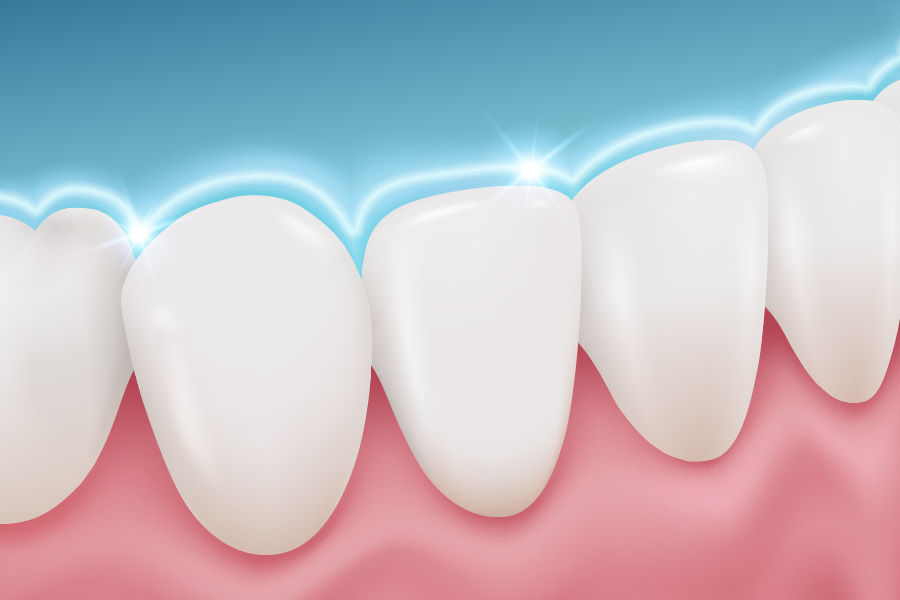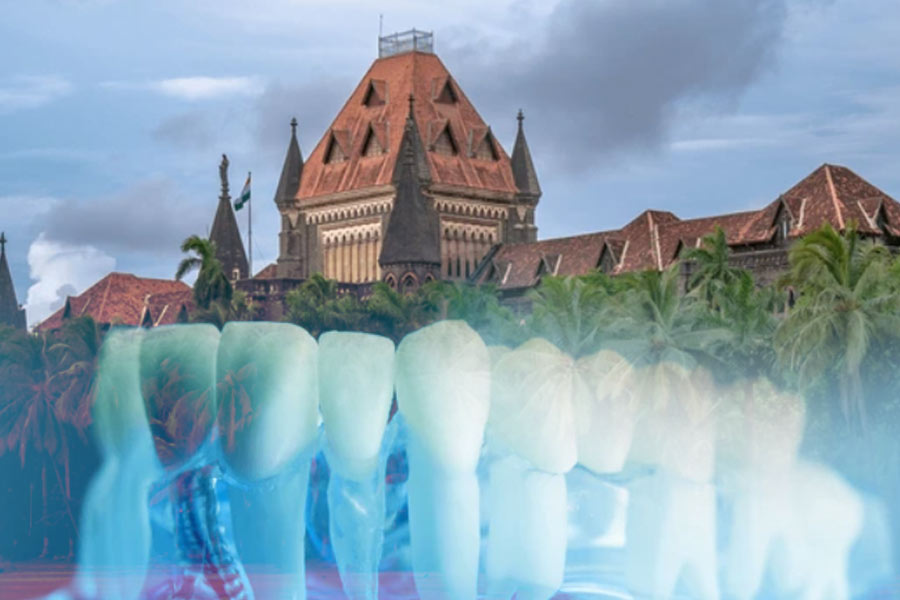In a groundbreaking development that could transform dental care, scientists at King’s College London have successfully grown human teeth in a laboratory setting for the first time.
The breakthrough, recently reported by the BBC, holds the promise of enabling people to regrow lost teeth, offering a natural and a biologically compatible alternative to current dental treatments such as fillings or implants.
Researchers at King’s College London, in collaboration with Imperial College London, have developed a biomaterial that replicates the environment essential for tooth development.
This allows cells to communicate and initiate the formation of a tooth.
The lab-grown teeth would regenerate, integrate into the jaw, and function like real teeth—without the risks of rejection.
Dr Ana Angelova-Volponi, director of Regenerative Dentistry at King’s College London, hailed the discovery as having the potential to “revolutionise dental care”.
She stated, “By growing a tooth in a dish, we are really filling in the gaps of knowledge. Lab-grown teeth would naturally regenerate, integrating into the jaw as real teeth. They would be stronger, longer lasting, and free from rejection risks, offering a more durable and biologically compatible solution than fillings or implants.”
While fillings and implants have been the standard response to tooth loss, they come with drawbacks.
Fillings, over time, weaken tooth structure, have a limited lifespan, and can lead to further decay or sensitivity.
Implants require invasive surgery and an ideal combination of implant and alveolar bone, and they often fail to restore natural tooth form and function.
Xuechen Zhang, a final year PhD student at the Faculty of Dentistry, Oral and Craniofacial Sciences, underscored the potential of lab-grown teeth, noting that “fillings aren’t the best solution for repairing teeth” and that both fillings and implants are “artificial and don’t fully restore natural tooth function, potentially leading to long-term complications.”
Unlike artificial implants or fillings, these bioengineered teeth would be able to adapt and repair themselves over time, much like natural teeth.
The process utilises cells, biomaterials, and growth factors to engineer tooth structures that mimic natural features and functions.
The ultimate goal is to bioengineer an entire tooth by replicating the interactions between the dental epithelium and mesenchyme.
While many animal species like sharks and elephants can regenerate their teeth, humans get only one set of adult teeth.
Despite the milestone, researchers caution that the development is still in its early stages.
More work remains to translate the lab success into clinical application.
“We have different ideas to put the teeth inside the mouth,” said Zhang. “We could transplant the young tooth cells at the location of the missing tooth and let them grow inside the mouth. Alternatively, we could create the whole tooth in the lab before placing it in the patient's mouth.”
Tooth loss affects millions of individuals worldwide and is caused by a range of factors.
Beyond the practical difficulties in chewing and speaking, tooth loss also leads to aesthetic and psychological concerns.
Dr Angelova-Volponi concluded, “As the field progresses, the integration of such innovative techniques holds the potential to revolutionise dental care, offering sustainable and effective solutions for tooth repair and regeneration.”












